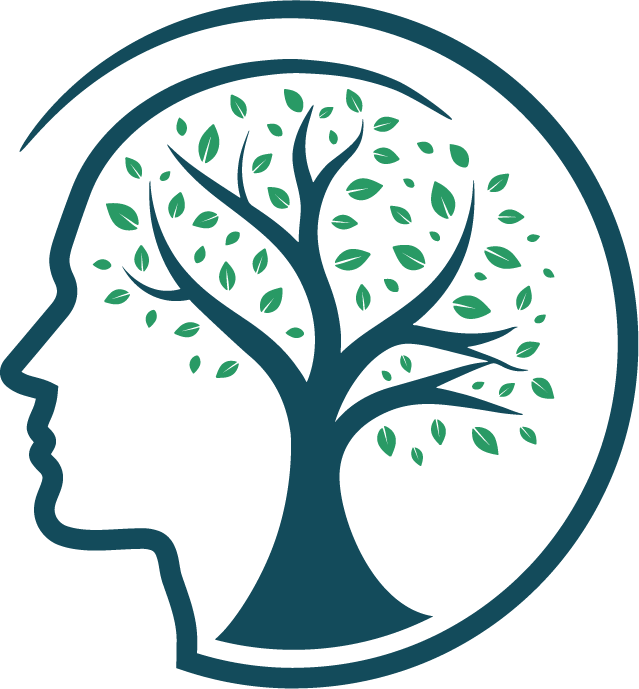CBT based skills/interventions to help manage organisational skills, inattention, impulsivity (skills-based interventions)
Goal-orientated, structured intervention focussing on modifying dysfunctional thought patterns, emotional responses and behaviours.
Provides long-term strategies to manage ADHD symptoms
Can be used alongside medications
Time-management – learning strategies to reduce procrastination & manage time.
Problem-solving - Structured approaches to making better choices and solving daily challenges
Task prioritisation – Learning to break down complex tasks into smaller, more manageable steps.
Mindfullness – strategies to improve focus and attention and reduce distraction
Relapse prevention – techniques to maintain wellbeing and prevent relapse into old behaviour patterns such as procrastination
Emotional regulation – techniques to manage frustrations, tolerance and impulsivity; CBT can help to stabilise these emotions
Cognitive restructuring – learning to challenge negative thought patterns
Focus on executive dysfunction – planning, organising & time-management (key components of ADHD symptoms)
Develop compensatory skills – strategies to overcome challenges
Improved self-efficacy – helps individuals to build or regain confidence to manage deadlines, tasks and navigate relationships to reduce feelings of failure & frustration.
Reducing comorbid symptoms – CBT can help to manage comorbid conditions such as depression or anxiety to improve overall wellbeing.
The Challenges of CBT
Motivation & adherence – this can be challenging for individuals with ADHD due to the need for attention and follow-through
Costs – CBT can be costly and not always available through the NHS which can present a barrier for some people
Time-management – CBT is usually delivered in around 8-12 sessions
Group-settings – it is important that you source a therapist that offers an appropriate approach for you
